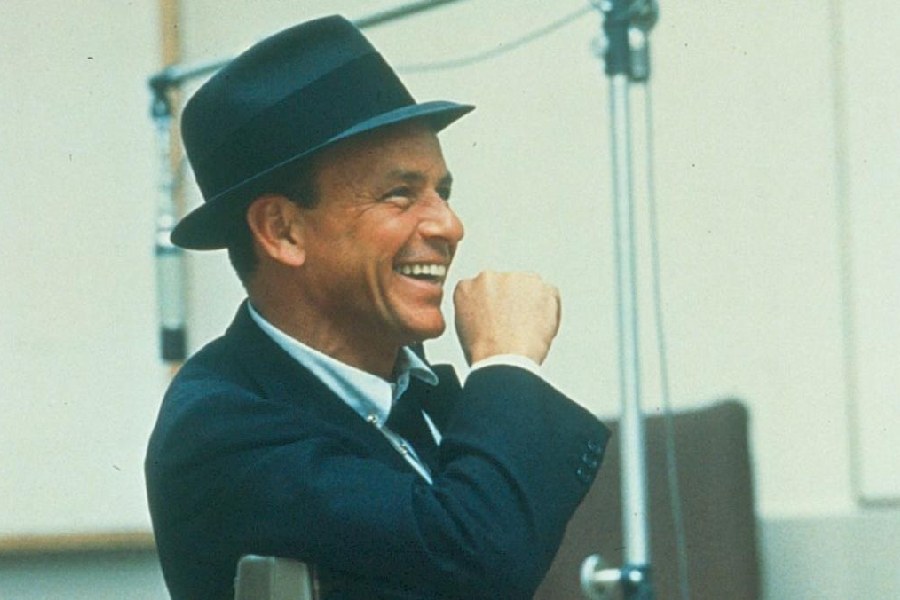The march of artificial intelligence is happening at a rapid pace in the music industry and what can music companies or established singers do? Protect their work and get paid if AI tools are used on their discography. YouTube is working closely with music partners, including Universal Music Group, to develop an AI framework. It has resulted in something called YouTube’s Music AI Incubator.
Universal artistes like Rosanne Cash, rapper Yo Gotti and the estate of singer Frank Sinatra will work towards exploring ways to protect the future of music royalties and creative expression at a time when generative AI tools are making it easy for Internet users to manipulate art. It is an attempt by Universal to ensure its artistes are compensated appropriately as the technology develops.
For example, a “custom-trained AI voice model” has managed to make “Frank Sinatra” sing Lil Jon’s Get Low to the tune of Fly Me To The Moon.
“As generative AI unlocks ambitious new forms of creativity, YouTube and our partners across the music industry agree to build on our long collaborative history and responsibly embrace this rapidly advancing field,” said Neal Mohan, CEO of YouTube in a blog post.
In 2023, there have been more than 1.7 billion views of videos related to AI tools on YouTube. “The incubator will help inform YouTube’s approach as we work with some of music's most innovative artistes, songwriters, and producers across the industry, across a diverse range of culture, genres, and experience,” said Mohan.
A few months ago, a track called Heart on My Sleeve from an artist called Ghostwriter977 had AI-generated voices of Drake and the Weeknd. It went viral. Drake and the Weeknd being Universal Music Group artistes, UMG took steps. One of the problems is voices are not legally copyrightable though individual songs used to train AI systems are.
